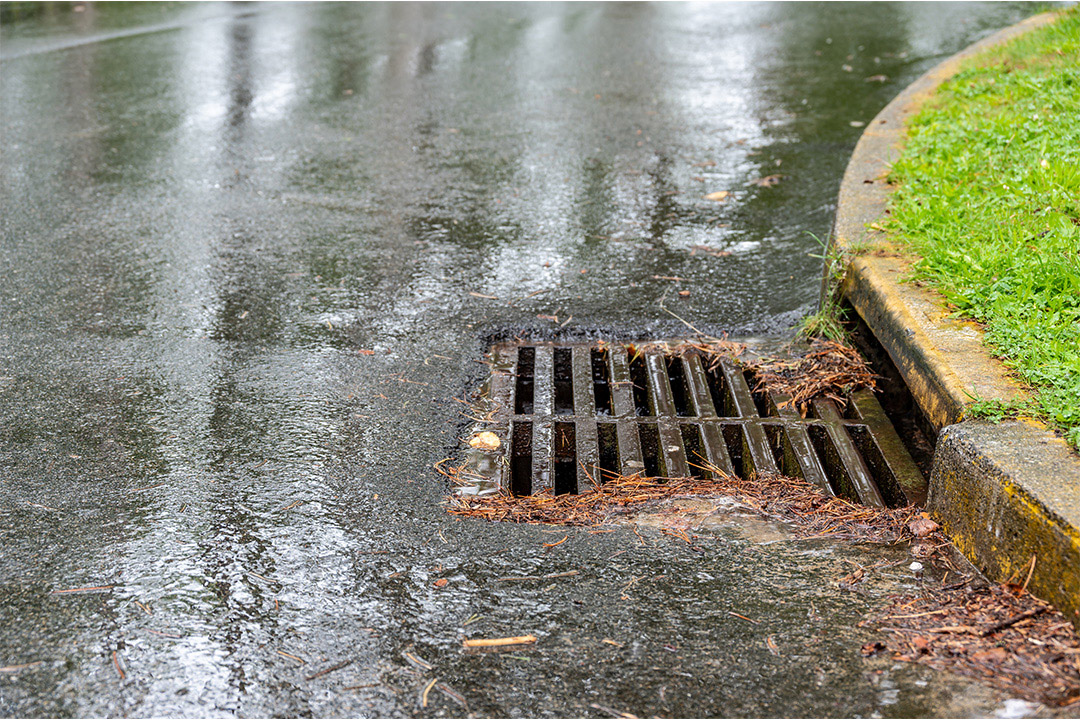RIT recommended for additional federal funding for stormwater debris interception
New grant will support work with LittaTraps and CASCADE program
The team of Christy Tyler, professor in the Thomas H. Gosnell School of Life Sciences, and Matthew Hoffman, professor in the School of Mathematics and Statistics, have been recommended for more than $900,000 in additional funding for their work in intercepting urban stormwater debris in the Great Lakes watershed.
The new funds are on behalf of the the National Oceanic and Atmospheric Administration’s (NOAA) Marine Debris Program’s $23 million investment to intercept and remove marine debris with funding provided by the Bipartisan Infrastructure Law. Thirteen projects are recommended for funding, with RIT’s being one of four focused on interception technologies.
Tyler, Hoffman, and Nathan Eddingsaas, professor in the School of Chemistry and Material Science, along with students will use the grant funding to develop and deploy a transferable program for strategic site selection, installation, monitoring, and maintenance using the LittaTrap trash capture technology in stormwater catch basins in Rochester. The Monroe County Department of Environmental Sciences is an integral partner in the project, which aims to use cutting edge technologies to put the Rochester region ahead in prevention of pollution of the Great Lakes. This project includes the refinement and continuation of the CASCADE (Community Action for Stormwater Cleanup and Debris Elimination) curriculum, in partnership with the City of Rochester, the Seneca Park Zoo Society, the Rochester Museum and Science Center, SRGMF Consulting, and New York Sea Grant (NYSG).
Tyler recently received a National Sea Grant Office Community Action Coalition grant to expand the CASCADE program into the nearby Great Lakes cities of Buffalo and Syracuse, in partnership with the NYSG. She is the co-director of The Lake Ontario Center for Microplastics and Human Health in a Changing Environment, in which Hoffman and Eddingsaas are also involved. The team has previously received other NOAA and NYSG grants to support their work in investigating plastic waste entering the Great Lakes and the development of prevention and removal measures.
